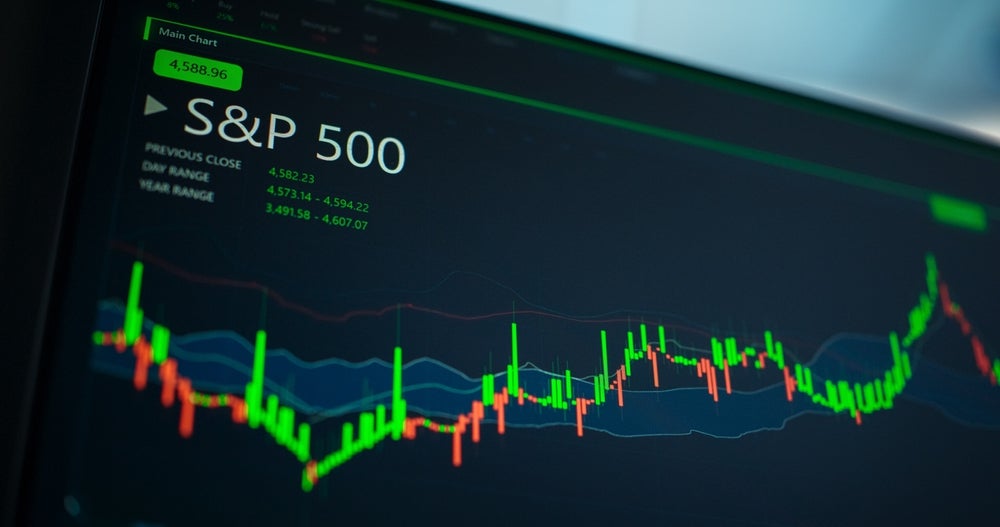There is no doubt that we are living through a new technological revolution. And there is also no doubt that the big tech companies in the S&P 500, known as the “Magnificent Seven” (Amazon, Apple, Microsoft, Meta, Tesla, NVIDIA and Alphabet), have profited from this. They ended 2023 with significant gains that continued into early 2024.
The rise of artificial intelligence, growing demand for semiconductors and optimism about technological innovation have boosted these stocks on the market. However, as the year has progressed, the major technology companies have seen greater volatility. Companies such as Nvidia and Amazon, which are responsible for much of the gains in the main US stock market index, have been some of the hardest hit by the swings. Nvidia, for example, was down more than 6% after presenting its results on August 28, although so far this year it has accumulated gains of nearly 120%.
Portfolio turnover… Goodbye to tech companies?
In the midst of this bullish momentum, many investors have been tempted to take positions in these companies, either directly or through funds. In June, for example, Bank of America reported in its weekly global flows report “The Flow Show” that there had been the largest inflow of money into technology investment funds since the bank has been producing the report: $8.7bn in just seven days.
At the same time, however, suspicions are growing that, in addition to the tech revolution, the market is undergoing a bloated rally related to AI. Returning to Bank of America, this time its quarterly manager survey, June saw a change in expert perception: the percentage of managers rejecting the existence of an AI-related bubble declined from the previous survey, while belief in the bubble grew. That is, 43% of all respondents said they believe there is a bubble.
Investors are also beginning to rethink their exposure to these companies. What are they looking for? Less saturated sectors, higher growth potential, tighter valuations in the face of expectations of interest rate cuts, lower exposure to risk owing to potential corrections, etc.
A recent survey by online broker eToro indicated that one in three Spanish investors plans to reduce their exposure to these tech companies in 2024. Among younger investors (between 18 and 34 years of age) this intention to re-balance portfolios is even stronger, with 85% of them planning to make changes before the US Federal Reserve (Fed) changes its monetary policy.
This may be more of a “cleansing” phase. Once the sector’s wave of euphoria passes, some companies will see their value decline, while the better positioned ones will continue to rise, in a process similar to what tech companies experienced in the 2000s. Thus, the recommendation is to be cautious with these types of assets.
Opportunities beyond technology
It is precisely these expectations of interest rate cuts that are encouraging portfolio rotation towards sectors that are traditionally more sensitive to these changes, such as real estate and small caps. In addition, defensive sectors such as utilities and basic consumer goods are drawing analysts’ attention.
Sectors such as real estate could particularly benefit from a drop in interest rates, while utilities offer stability in times of uncertainty thanks to their steady revenue streams, which are independent of fluctuations in the economic cycle.
Meanwhile, small caps in Europe and the US are starting to attract investors seeking diversification and exposure to less overvalued sectors. These smaller stocks offer growth opportunities that the big tech stocks can no longer provide with the same upside potential.
Alberto Matellán is Chief Economist at MAPFRE Inversión








